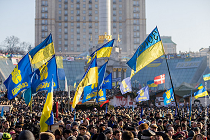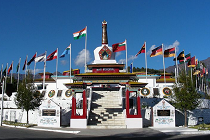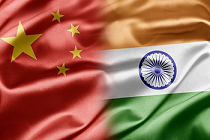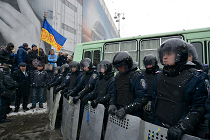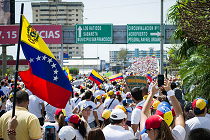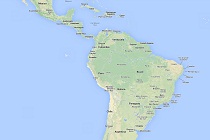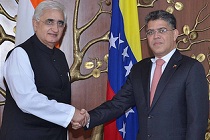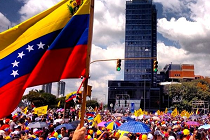‘Ukraine is a vital trading partner’
Debabrata Saha, former Indian Ambassador to Ukraine, talks about the ongoing crisis in Ukraine and its likely impact on bilateral trade ties. In an interview to Gateway House, he also examines India’s position on the crisis in the backdrop of worsening U.S.-Russia relations


